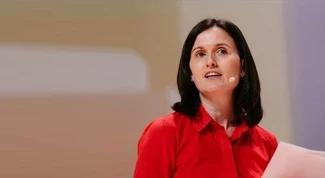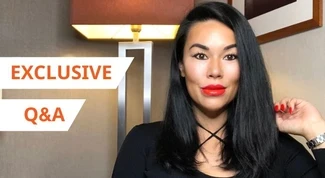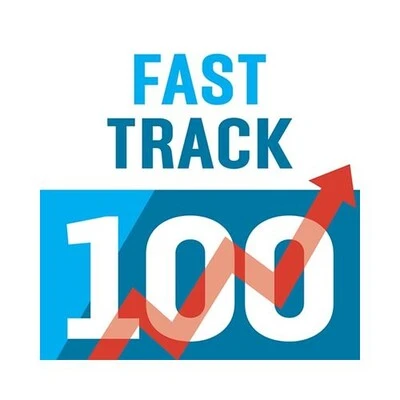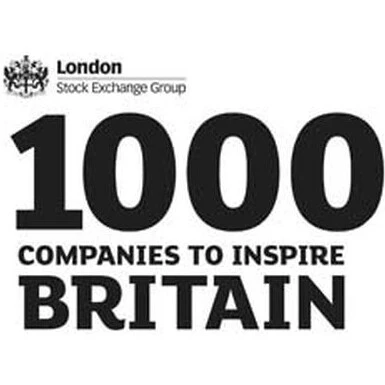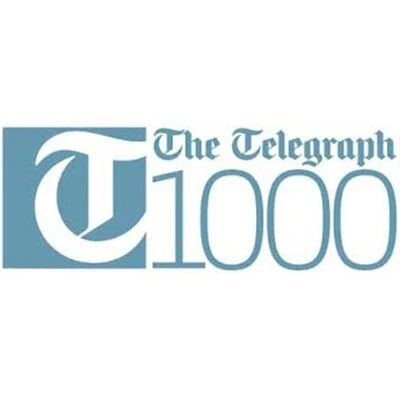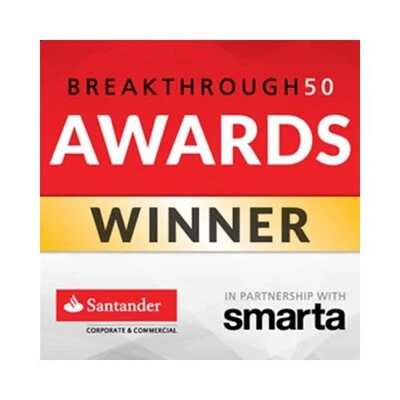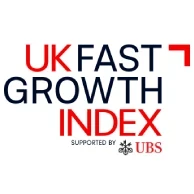Beth Davies is credited for the success of several high-profile companies, including Tesla, Apple and Microsoft. Her insight into professional development and Human Resources has made her one of the most sought after business speakers on the circuit, while Beth's eloquence and passion set her apart as a thought leader. When booked for events, Beth provides actionable strategies for high-performance teams.
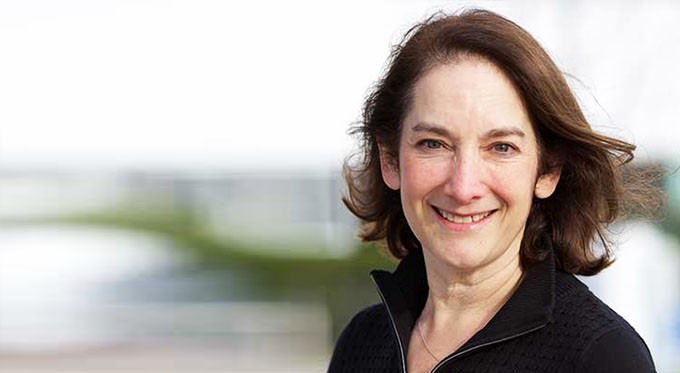
Champions Speakers' Director, Jack Hayes, had the pleasure to sit down with Beth and discuss her opinions on the future of work. In light of the current pandemic, she imparted her valuable understanding of remote working, technology and Human Resources.
Q: How do you see the future of work?
"Recently, I saw an alarmist headline warning that automation would displace jobs. It’s not hard to find a headline like this; they’re ubiquitous. What caught my eye about this particular headline though, is that it was from 100 years ago. The threat was the dial telephone and the target was switchboard operators. You can find similar headlines as well as cartoons depicting imminent threats every year since."
"So, how do I see the future of work? As ever-changing and evolving just like in the past, but at a more rapid pace. Change is the norm and those of us who recognise and accept this will be in a better position to change with it."
"Will technological changes make some skills and roles obsolete? Absolutely. Will new skills emerge? Absolutely. Just like we re-tool a machine to adapt to a change, we need to re-tool ourselves and our teams. Evolve the skills we have. Learn new skills. Apply our skills to new problems. Step out of our comfort zones and take on new challenges."
"Lifelong learning is the means to an essential goal: lifelong employability. The day any of us stop learning is the day we fall behind."
Q: With the latest Coronavirus outbreak, more than ever people are working from home. Do you think this will become more normal in the future & does it increase productivity in your opinion?
"Many jobs are being performed from home that before COVID-19 we thought had to be performed in an office. This is exciting as it expands possibilities both for individuals and companies."
"We have to be careful, however, about assuming this is good for everyone. Working from home can increase productivity for those of us who have space in our homes conducive to work and the ability to free ourselves of childcare or eldercare responsibilities."
"Many people aren’t in this situation. If we build jobs based on the premise that they’ll be done from home, we’ll exclude a lot of people from these opportunities. In an era where we're talking about the importance of diversity and inclusion, this would set us back."
Q: In your opinion what role does technology play in HR?
"Technology is an essential tool for HR just like it is for every other area of the company. We must keep in mind the purpose of a tool: to support or enable something we’re trying to do. Too often in HR, people get excited by new technology, adopt it, and then build a strategy around it. This is backwards. It’s the tail wagging the dog."
"What we need to do is set our strategy and then find the technology that best supports this strategy."
Q: With the speed of growth in the company’s you’ve worked for like Tesla, how did you manage to keep the ethos & activate the strategy in such a fast-paced organisation?
"Very deliberately!"
"At Tesla, we recognized early on that the culture was unique and that much of the company’s success came from this culture. So, a small group of people who helped the company get off the ground reflected on what made them successful – how they approached problems, made decisions, and interacted with one another – and wrote this down. These became the culture tenets."
"From then on, new hire orientation focused on making sure people knew and understood this culture. Stories were used to illustrate key points and bring them to life. We made sure people knew the culture was real, not platitudes or aspirational statements, and that this is how they were expected to operate."
"In many companies, new hire orientation is a wasted opportunity. It’s spent on things like reviewing benefits or where the bathroom is. While these are important, what people really want to know is how the company operates and what’s expected of them. They want to contribute and this information sets them up for success."
Q: What advice would you give to HR staff working in companies where the board or CEO’s aren’t investing enough time or finance into Human Resources?
"The successful HR leaders I’ve known focus on earning the trust of the CEO rather than getting approval for every initiative. They invest time getting to know the CEO and what’s important to her – her goals, beliefs, values. They demonstrate support for the company’s mission and values by leading the HR team to do work aligned with these. Once they have the CEO’s trust, they can be more innovative and take more risks."
Q: What advice would you give to your younger self?
"Early in my career, I had a manager that pushed me to identify my true passion. He told me I couldn’t really be successful unless I knew what this was. This shook my confidence and for years, I felt I was floundering because I didn’t know what that one passion was. I had many passions and interests!"
"So, the advice I’d give my younger self is it’s okay that you don’t know your one true passion. You can still be successful! I’d also tell myself that the boss isn’t always right."
Q: As a prominent female inspiration figure, what do other young aspiring female workers need to do to achieve the level of success you have?
"A career is a journey, not a destination. Expect twists and turns. Successes and failures. Your journey won’t look like anyone else’s and that’s okay. Through it all, learn about yourself and grow. And, have fun."
Book Beth Davies
To book the exceptionally influential Beth Davies for your event, simply call a booking agent on 0207 1010 553 or email us at [email protected] for a free quote today.
